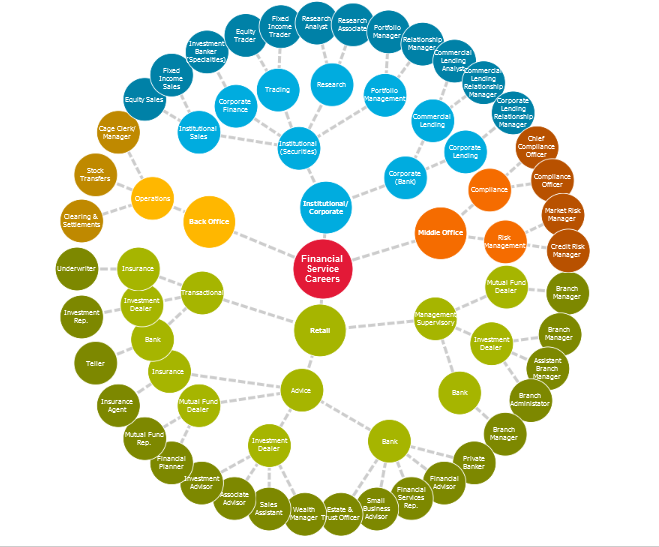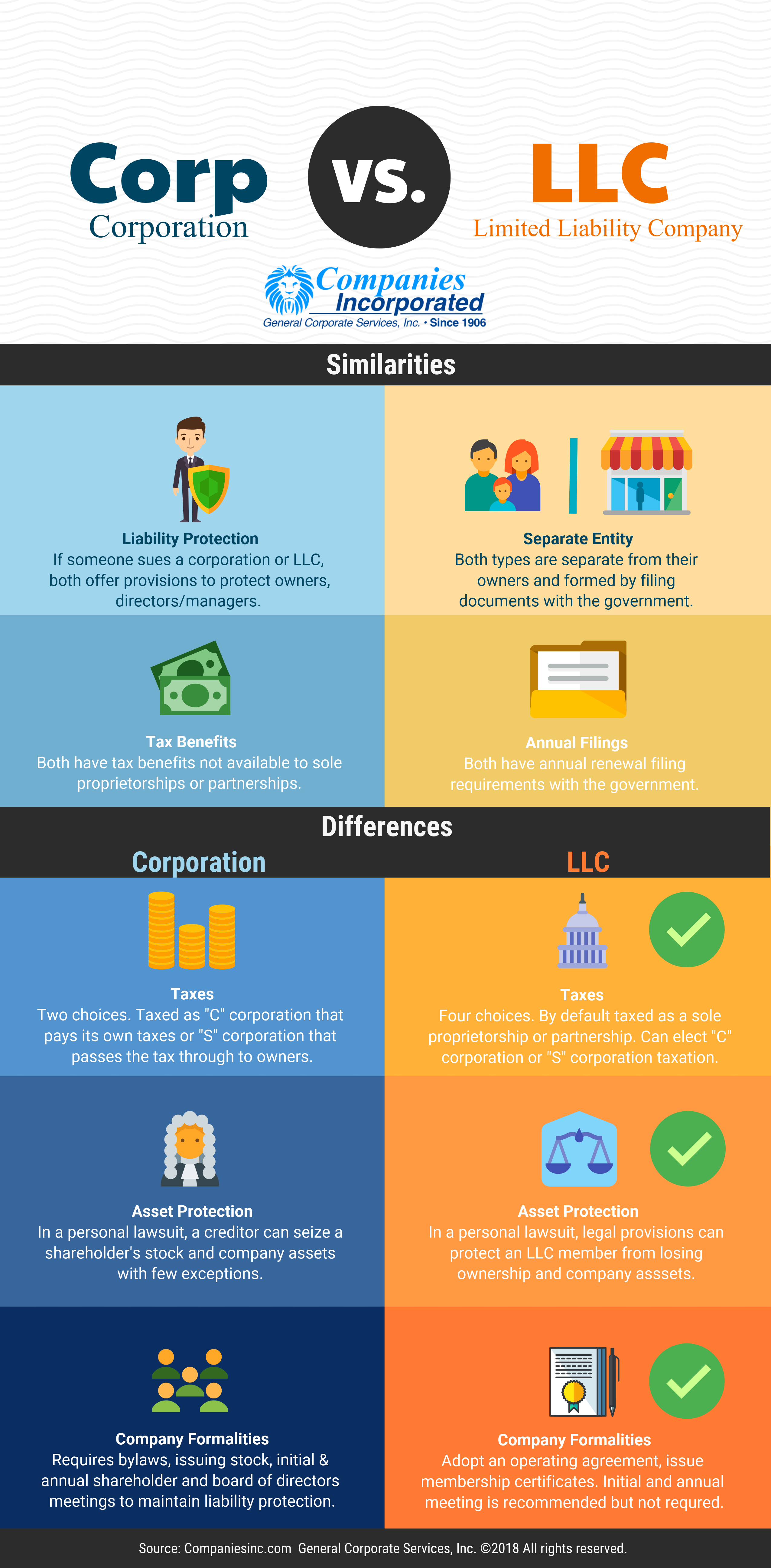
Financial advisors' role is to assist clients in managing their money. Financial advisors are able to help individuals plan for retirement as well as save for their children’s college tuition. They can help individuals manage their debts and reduce balances. This will allow people to save more for retirement and less to spend. A financial advisor can also help individuals develop and implement a budget and save money to meet specific goals.
Part of the questionnaire about a financial adviser's investment strategy is the investing component
A financial advisor's questionnaire asks clients about their risk tolerance and investment preferences. These questions are meant to provide a complete picture of a client's financial situation. These questions include asking about the client's retirement plans and how long they plan to work. They also ask about their long-term financial obligations or pensions. Although the investment portion of a questionnaire from a financial advisor can be subjective, it helps the advisor to determine the best asset allocation.
Financial advisors must act in their clients' best interest when recommending investment options. To do this, they must complete the questionnaire in order to determine which investment options are most suitable for a client's risk tolerance and needs. Incorrect answers could result in portfolios that may be too risky or low for an investor. This can lead to lower returns for clients who have higher risk tolerances.
Allocation of assets
Financial advisors' role is to assist individuals in balancing their assets. This is done by recommending an asset mix that meets your risk tolerance. Investing is a risky business, and it is crucial to have a strategy for managing risk. A financial advisor can help determine the best asset allocation for you based on your risk tolerance and time horizon.

There is no one way to allocate assets. Each advisor will have a different approach. However, there are some key concepts that are crucial to understand and apply. One example is that clients with a longer-term time horizon may have an increased risk tolerance and require more stocks or bonds in their retirement funds.
Planning your taxes
A financial advisor can help maximize the tax savings from your investments. A financial advisor can not only recommend investments but also offer advice on investment products and insurance. Financial planning is an important part of financial advice. It can save you thousands of dollars every year. Tax planning software can be used by financial planners to better serve clients.
Financial advisors who have tax experience are more likely find ways to lower your taxes. They will try to maximize your assets, not minimize them. In addition, they may have a compensation model that favors their clients' growth.
Communication with a Financial Advisor
Communication is the most important step in building a relationship. Communicating honestly with your advisor is essential. Don't be afraid to speak up during meetings. Your financial advisor should know what your financial goals are so that he or she can help develop strategies to meet them. Listen to the advisor and pay attention when he or her explains something to.
Your advisor can also communicate via social media. Recent research shows that over half of investors who invest more than $25 million use Facebook to communicate their concerns with their advisors. Another 35 per cent use Twitter to communicate with their advisor.

Being paid as a financial adviser
When you choose to become a financial advisor, one of the most important things you'll need to determine is how you're going to be compensated. A percentage may be offered as a bonus or commission, while others might offer a flat fee. In either case, the type of compensation will determine how much you're able to earn.
Some advisors make money through commissions and by selling products. Some charge an hourly service fee, while others require a monthly retainer payment for their ongoing services. You can ask your advisor any questions you may have about the preferred method.
FAQ
What is a consultant?
Consultants are those who offer services to other people. It's not a job title. A consultant is a role that helps others achieve their goals. Helping others to understand their options, and then helping them make the best decisions.
Consultants are experts in finding solutions to the problems and challenges that arise while working on projects. They also provide advice and guidance on how to implement those solutions.
Any questions you have about business, technology and finance, leadership or strategy, human resource management, customer service, customer service, or any other topic, a consultant can answer them.
What happens when the consultant is done?
After the consultant completes the work, s/he will submit a final report detailing the results of their work. This report details the project timeline, deliverables, as well any other pertinent information.
Then, you'll review the report and decide whether the consultant met your expectations. If the report does not meet your expectations, you have two options: to request changes or to terminate the contract.
How do I start a LLC consulting business?
It is important to first decide what you want as a service provider. Next, you must ensure that you are qualified to provide those services. It might also help to find someone who already does what you want to offer and see how they operate.
Once you have a clear idea of what you are offering, you can start to identify your target market. If there aren't enough of them, you may need to create them.
You then have to decide whether or not you want to open your own company, or hire other people to do it.
It is possible to also start your own consulting firm by obtaining a license from the State. But this will require a lot more paperwork and legal costs.
How long does it usually take to become an expert consultant?
Your industry and background will determine the length of time it takes. Most people start with just a few months of work before finding employment.
However, many consultants spend years honing their skills prior to finding work.
Statistics
- WHY choose me: Why your ideal client should choose you (ex: 10 years of experience and 6-week program has helped over 20 clients boost their sales by an average of 33% in 6 months). (consultingsuccess.com)
- My 10 years of experience and 6-step program have helped over 20 clients boost their sales by an average of 33% in 6 months. (consultingsuccess.com)
- "From there, I told them my rates were going up 25%, this is the new hourly rate, and every single one of them said 'done, fine.' (nerdwallet.com)
- According to IBISWorld, revenues in the consulting industry will exceed $261 billion in 2020. (nerdwallet.com)
- Over 50% of consultants get their first consulting client through a referral from their network. (consultingsuccess.com)
External Links
How To
What does a typical consultant's day look like?
The type of work that you are doing will affect the typical day. But generally speaking, you will spend time researching and planning new ideas, meeting clients, and preparing reports.
You will have many meetings where clients and you can discuss their issues. These meetings can be held over the telephone, online or face-to face.
Sometimes, you may be asked to create proposals. These are documents that outline your ideas and plans for clients. You will need to discuss these proposals with a mentor or colleague before you present them to clients.
After all the preparation, you'll need to start creating content. This could include writing articles, designing websites or editing photos.
Depending on the scope of the project, you may need to do some research in order to gather relevant statistics or figures. This could include finding out how many customers your company has and whether they purchase more than one product.
Once you have all the information needed, it is time for clients to see your findings. Your findings can be presented orally or written.
After your initial consultation with clients, you need to keep in touch. For example, you might call them periodically to see how things are going or send emails asking them to confirm that they received your proposal.
This process takes time, but it's important to ensure that you stay focused and maintain good relationships with clients.